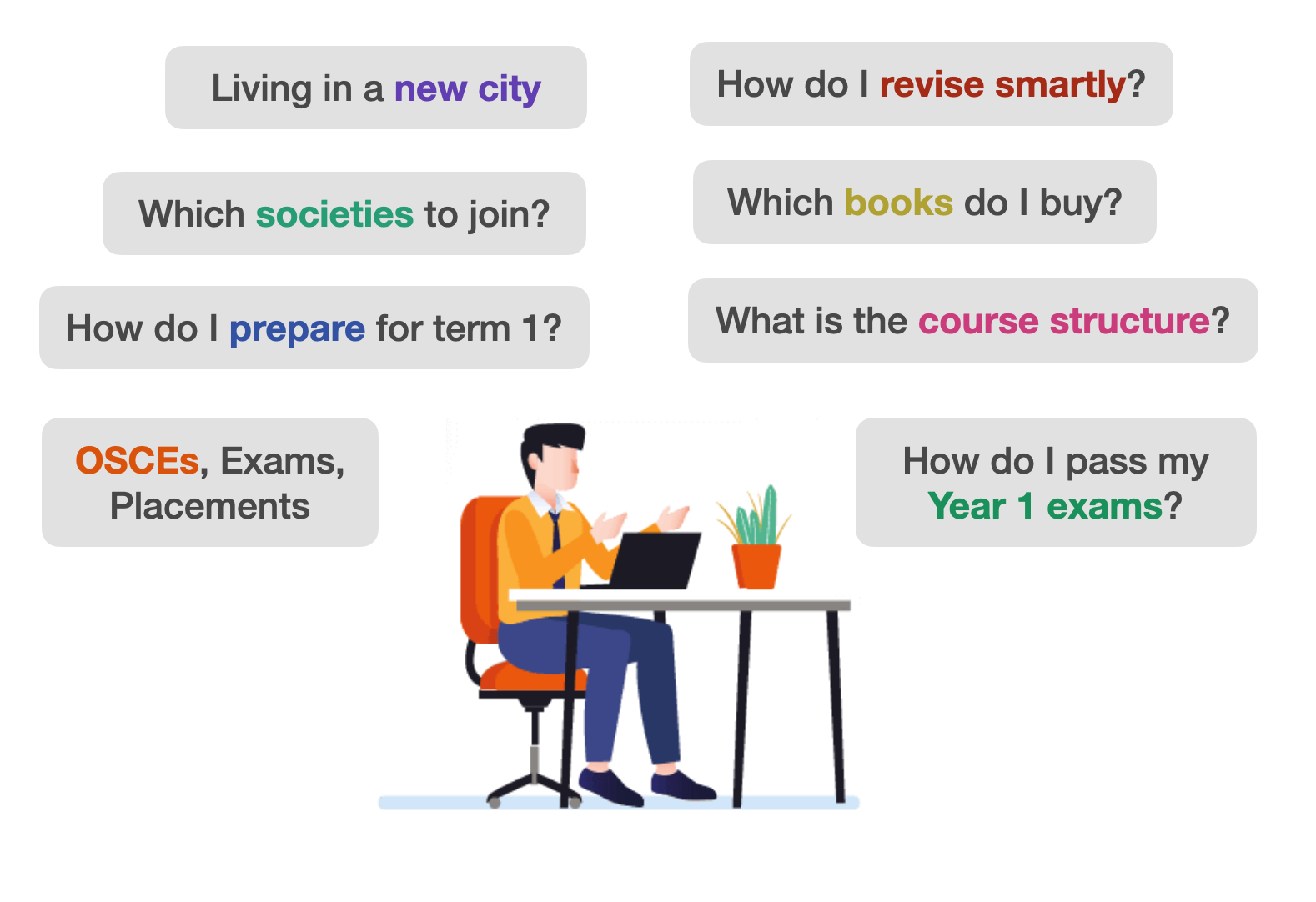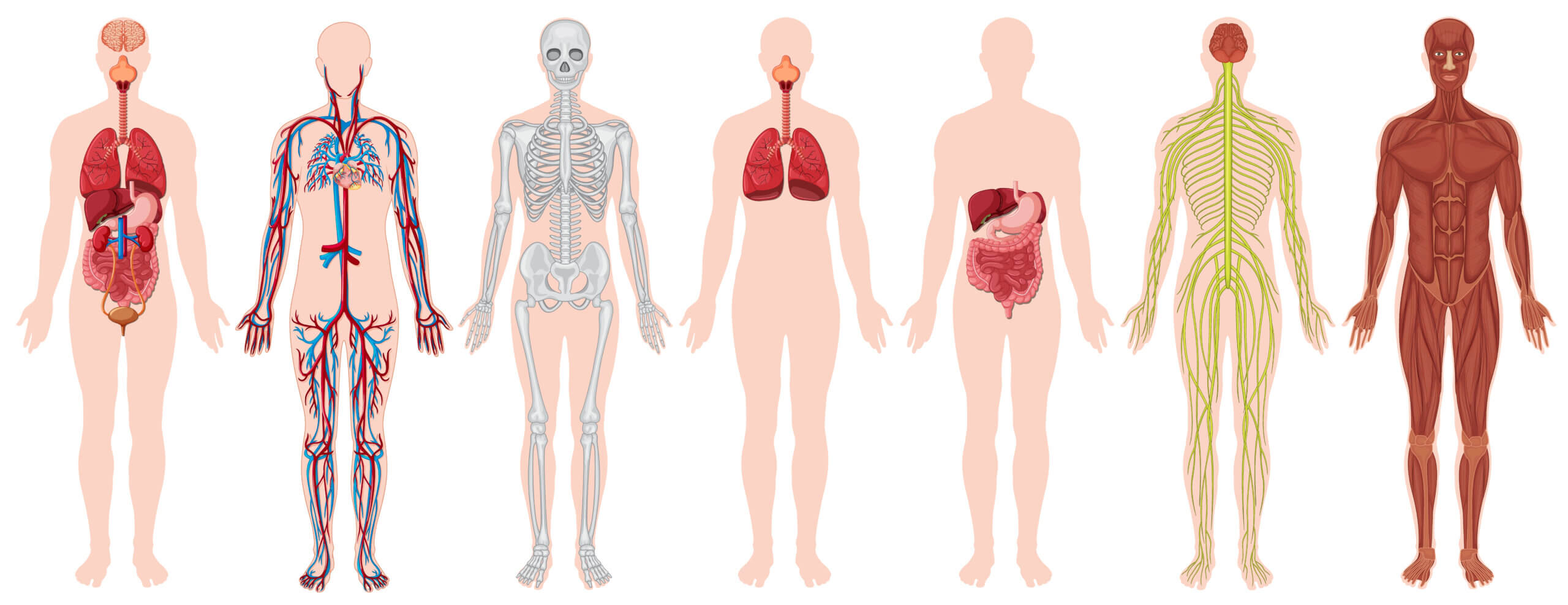Loading...

5 Signature Qualities of a Doctor Every Med Student Must Know
Becoming a good doctor goes beyond textbooks. It’s about embracing the qualities of a doctor that turn a medical practitioner into a true healer. As a med student, understanding these essential qualities is a must.
So in this blog, we’ll discuss five crucial qualities of a doctor you must know. From effective communication to genuine compassion, these traits are not just taught but nurtured. Let’s find out what makes a good doctor.
Quality 1: Commitment
Commitment is the strong dedication that keeps doctors going. Psychologists say it acts like a shield against stress. For doctors, it’s not just a job—it’s a deep promise to patients, the medical field, and getting better at what they do.
Being a good doctor needs a lot of commitment. It means putting in the time and effort to give thorough and caring treatment. It’s the commitment that drives doctors to explore every avenue for accurate diagnoses and effective treatments.
When things get tough, commitment helps prevent burnout. Doctors who are truly committed to their job feel less exhausted because they have a strong connection to their work.
Staying eager to learn is also important. Medicine changes quickly, so doctors must keep up with new research and technology. This kind of commitment to learning lets doctors offer the best treatments and improve patient results.
For those becoming doctors, remember that commitment means more than just tasks. It’s about taking responsibility and staying strong. By being committed, future doctors make a difference in patient care and their own growth.
Quality 2: Empathy
Empathy stands at the core of a doctor’s ability to truly connect with patients. It involves understanding their emotions and providing genuine support.
Recent research reveals that empathy consists of two key aspects: sharing the emotions of others and comprehending those emotions. This emotional identification extends beyond medical procedures, contributing to overall patient well-being.
In practice, empathy transforms medical encounters. It enhances patient satisfaction by creating a comforting environment. Good doctors actively listen, acknowledge patients’ concerns, and tailor treatment plans to their needs. This improves patient experiences and impacts treatment outcomes positively.
In a changing healthcare landscape, empathy remains a crucial trait. It shapes doctor-patient relationships, supports accurate diagnoses, and fosters trust. By cultivating empathy, aspiring doctors lay the foundation for compassionate care that transcends medical expertise alone.
Quality 3: Honesty
Honesty forms the bedrock of trust between doctors and patients. While modern medicine may present grey areas, maintaining honesty is crucial for patient-centred care.
Patients value accurate information, even when prognoses are challenging. A study carried out by various healthcare researchers and scholars found that 97.5% of patients consider honest communication with their doctor as ‘very important,’ as it helps them make informed decisions about their health. While delivering difficult news requires sensitivity, it fosters a deeper sense of trust.
Honesty extends beyond medical information – it includes acknowledging limitations and seeking assistance when needed. By remaining truthful, doctors strengthen patient relationships, leading to better adherence to treatment plans and improved outcomes.
Embracing honesty also ensures that doctors prioritise patients’ well-being over personal comfort. Aspiring doctors should recognize that honesty isn’t just a professional obligation; it’s a fundamental aspect of compassionate and ethical medical practice.
Quality 4: Competence
Competence in medical practice goes beyond textbook knowledge. It’s about making accurate diagnoses, devising effective treatment plans, and collaborating seamlessly with healthcare teams.
Medical scenarios can be intricate and multifaceted. Doctors must exhibit critical thinking and problem-solving skills to face unique patient situations. Emotional intelligence also plays a crucial role in competence.
Communicating effectively, understanding patients’ emotions, and leading teams efficiently contribute to holistic patient care.
In addition to that, the medical field evolves rapidly, demanding doctors remain updated with the latest research and technologies. Competent doctors embrace lifelong learning, ensuring they provide the most effective and advanced treatments available.
Every medical professional should recognize that competence involves balancing medical expertise, critical thinking, and emotional intelligence. By honing these skills, future doctors contribute to advancing healthcare, delivering optimal patient care.
Quality 5: Compassion
Compassion is more than just sympathy; it’s the ability to understand and share the suffering of others. In practice, compassion goes beyond medical procedures – it forms a genuine connection between doctors and patients, fostering trust and creating a supportive environment.
When doctors show compassion, patients feel heard and understood, enhancing their overall experience. It involves treating patients not just as medical cases but as individuals with emotions and concerns. Compassionate doctors take the time to listen, show empathy, and provide comfort during challenging moments.
Incorporating compassion into medical practice can lead to better patient outcomes, improved adherence to treatment plans, and higher patient satisfaction. As aspiring doctors, understanding the true impact of compassion on healthcare is vital for cultivating strong doctor-patient relationships and making a meaningful difference in patients’ lives.
The Final Note
In conclusion, these signature qualities—commitment, empathy, honesty, competence, and compassion—define what makes a good doctor. Aspiring medical professionals must embrace these traits to excel in healthcare.
At Medic Mind, we’re here to guide your journey toward becoming an exceptional doctor and developing these key qualities of a doctor. Contact us to unlock your potential and embark on a fulfilling medical career.
FAQs:
→ Can I be a good doctor without innate compassion?
Compassion can be developed over time. While some may have a natural inclination, practising empathy, active listening, and understanding patients’ experiences can help nurture compassion. It’s an essential skill that enhances doctor-patient relationships and quality of care.
→ How can I demonstrate commitment as a medical student?
Commitment as a medical student involves actively engaging in learning, participating in extracurricular activities, and seeking opportunities to contribute to patient care. Embrace challenges, show resilience, and continuously strive for personal and professional growth.
→ How can I develop the qualities of a good doctor?
Developing these qualities involves self-awareness, continuous learning, and practice. Seek mentorship, engage in patient interactions, and consider professional guidance, like the resources provided by Medic Mind, to enhance your journey toward becoming a skilled and compassionate doctor.
→ Can I still be a great doctor if I struggle with public speaking?
Public speaking skills can be developed over time. While being a great doctor involves effective communication, public speaking is just one aspect. Focus on active listening, building rapport with patients, and enhancing bedside manner to excel in patient interactions.
→ How does understanding patients’ cultural backgrounds contribute to being a good doctor?
Understanding cultural backgrounds is essential for providing culturally sensitive care. It helps doctors tailor treatments and recommendations to align with patients’ beliefs and preferences, ensuring a more comprehensive and respectful approach to healthcare.






Was this article helpful?
Still got a question? Leave a comment
Leave a comment